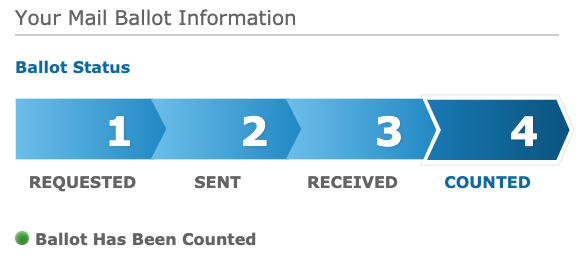
Free will has long been a fraught concept among philosophers and theologians. Now neuroscience is entering the fray.
For centuries, the idea that we are the authors of our own actions, beliefs, and desires has remained central to our sense of self. We choose whom to love, what thoughts to think, which impulses to resist. Or do we?
Neuroscience suggests something else. We are biochemical puppets, swayed by forces beyond our conscious control. What's at stake? Just about everything: morality, law, religion, our understanding of accountability and personal accomplishment, even what it means to be human. Predictions that a declaration by the scientific community that free will is an illusion would set off "a culture war far more belligerent than the one that has been waged on the subject of evolution."
The Chronicle of Higher Education has brought together some key thinkers to discuss what science can and cannot tell us about free will, and where our conclusions might take us.